- Ambawadi, Ahmedabad, Gujarat
- View Mobile Number
Critical Issues with Hydraulic Motor Control Valves: An Industry Insight into Performance Failures
The performance and reliability of Hydraulic Motor Control Valves are critical to the efficiency of hydraulic systems across various industries. According to a recent report by the International Journal of Fluid Power, approximately 40% of hydraulic system failures can be attributed to issues stemming from control valves, highlighting the significance of understanding the underlying problems associated with these components. With improper operation leading to increased downtime and maintenance costs, it becomes vital for engineers to be aware of common pitfalls in valve performance. This blog will explore critical issues related to Hydraulic Motor Control Valves, offering insights into performance failures and practical tips to enhance reliability. As industries strive for greater efficiency, addressing these concerns is paramount to optimizing hydraulic systems and reducing operational risks.
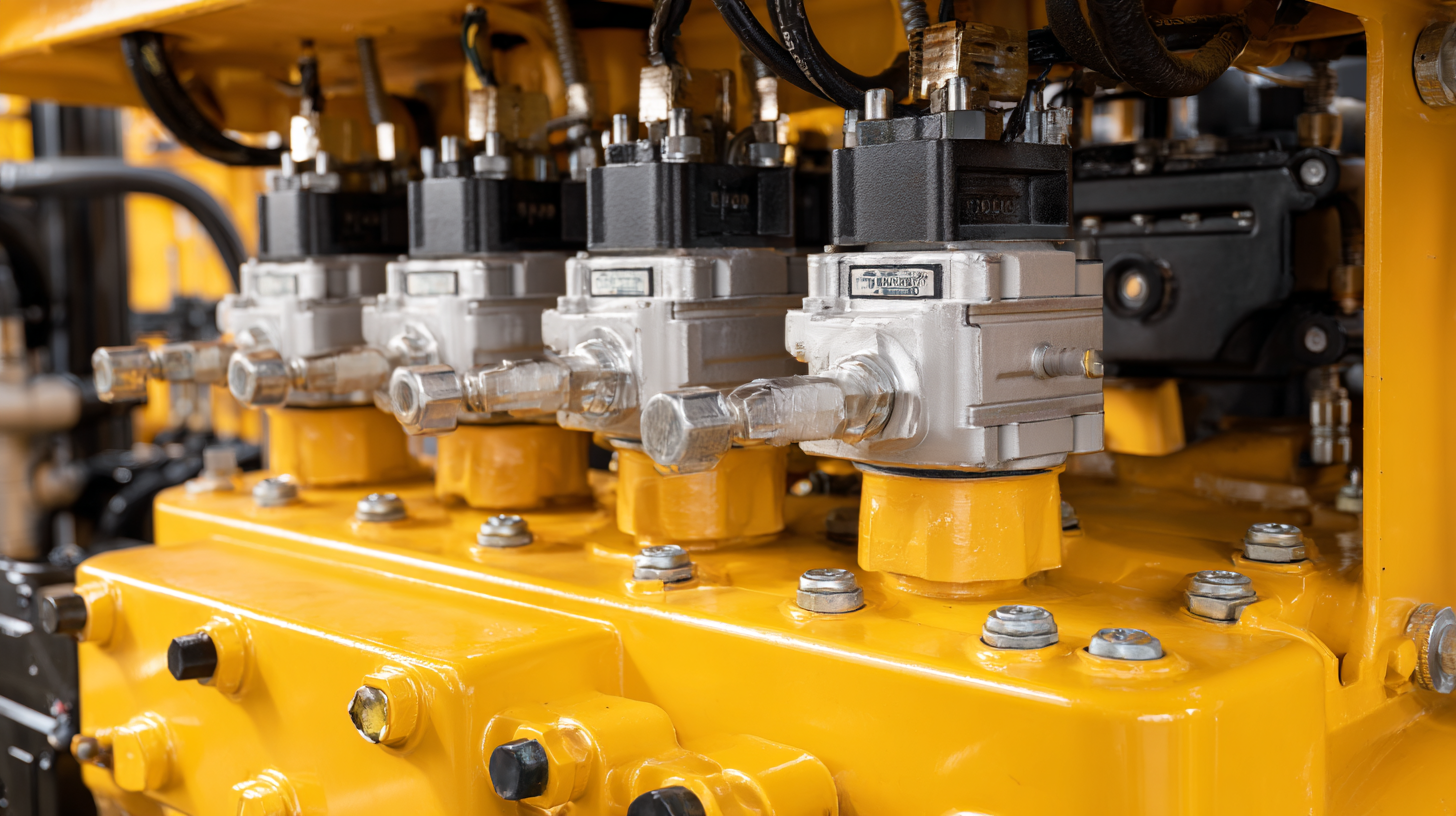
Common Performance Failures in Hydraulic Motor Control Valves
Hydraulic motor control valves play a crucial role in managing fluid flow and motion in hydraulic systems, but they are not immune to performance failures. Common issues include undue wear and tear, incorrect installation, and poor maintenance practices. Over time, seals and internal components can degrade, leading to leakage and reduced efficiency. Additionally, improper sizing of the valve for the application can result in insufficient flow, hampering the system's overall performance.
To mitigate these failures, regular maintenance is key. Ensure that all components are inspected frequently for signs of wear, and replace any defective parts immediately. Be mindful of the installation processes; adhering to manufacturer guidelines will prevent many common pitfalls associated with hydraulic valves.
Moreover, the selection of valves should consider the specific needs of the application, including flow rate and pressure variations. Investing in high-quality hydraulic motor control valves and using filtration systems can significantly enhance the longevity and reliability of hydraulic systems. Remember, proactive measures in maintenance and selection can save time and costs associated with potential failures.
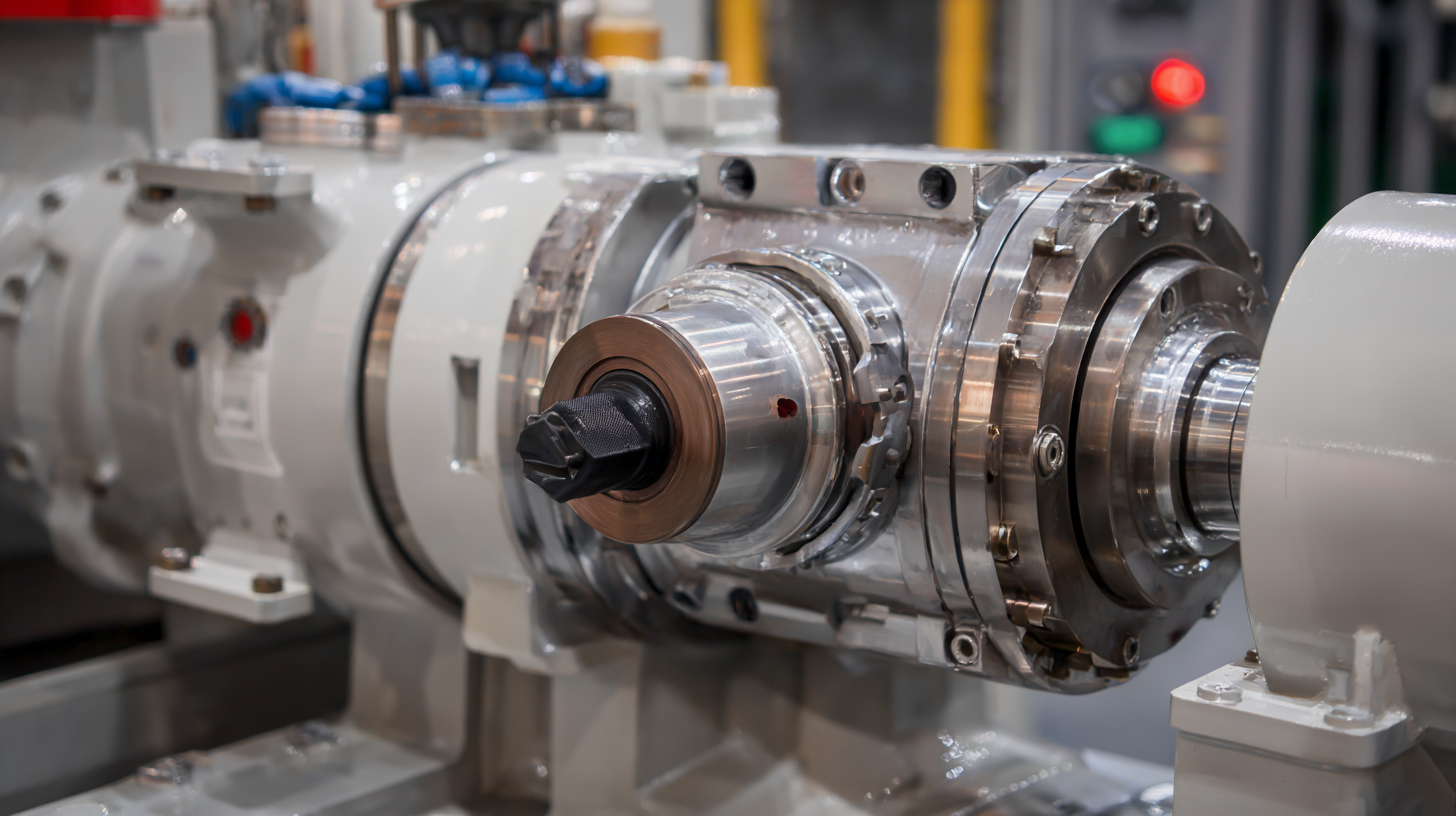
Impact of Contamination on Valve Functionality and Longevity
Contamination is a critical factor that significantly impacts the functionality and longevity of hydraulic motor control valves. Studies indicate that more than 80% of valve failures can be attributed to contamination in hydraulic systems. Foreign particles, such as dust, dirt, and metal shavings, compromise the precision of valve operation, leading to erratic performances and costly downtimes. Regular maintenance and filtration are essential, yet many operations neglect these preventive measures, resulting in unplanned failures.
In parallel, advancements in heart valve tissue engineering (HVTE) are revolutionizing the approach to valve failures in medical applications. Researchers are exploring biomaterials and biofabrication strategies to create living valve replacements capable of growth and regeneration. This aligns with findings suggesting that engineered tissues can outperform traditional mechanical valves, which often face issues of durability and biocompatibility. By learning from industries reliant on hydraulic systems, the medical field can implement more rigorous contamination control measures, enhancing the longevity and performance of bioprosthetic heart valves. As both industries face challenges with functional degradation, the synergy of insights gained from hydraulic systems may pave the way for innovative solutions in biomedical applications.
Impact of Contamination on Hydraulic Motor Control Valve Performance
Design Flaws: How They Contribute to Control Valve Failures
Hydraulic motor control valves play a crucial role in the efficient functioning of hydraulic systems, yet many installations suffer from performance failures primarily due to inherent design flaws. One common problem arises from inadequate valve sizing. When control valves are not appropriately matched to the system's flow requirements, it can lead to insufficient pressure regulation and increased wear and tear, ultimately compromising operational integrity. This mismatch can also result in erratic valve behavior, causing unpredictable performance and potential system failures.
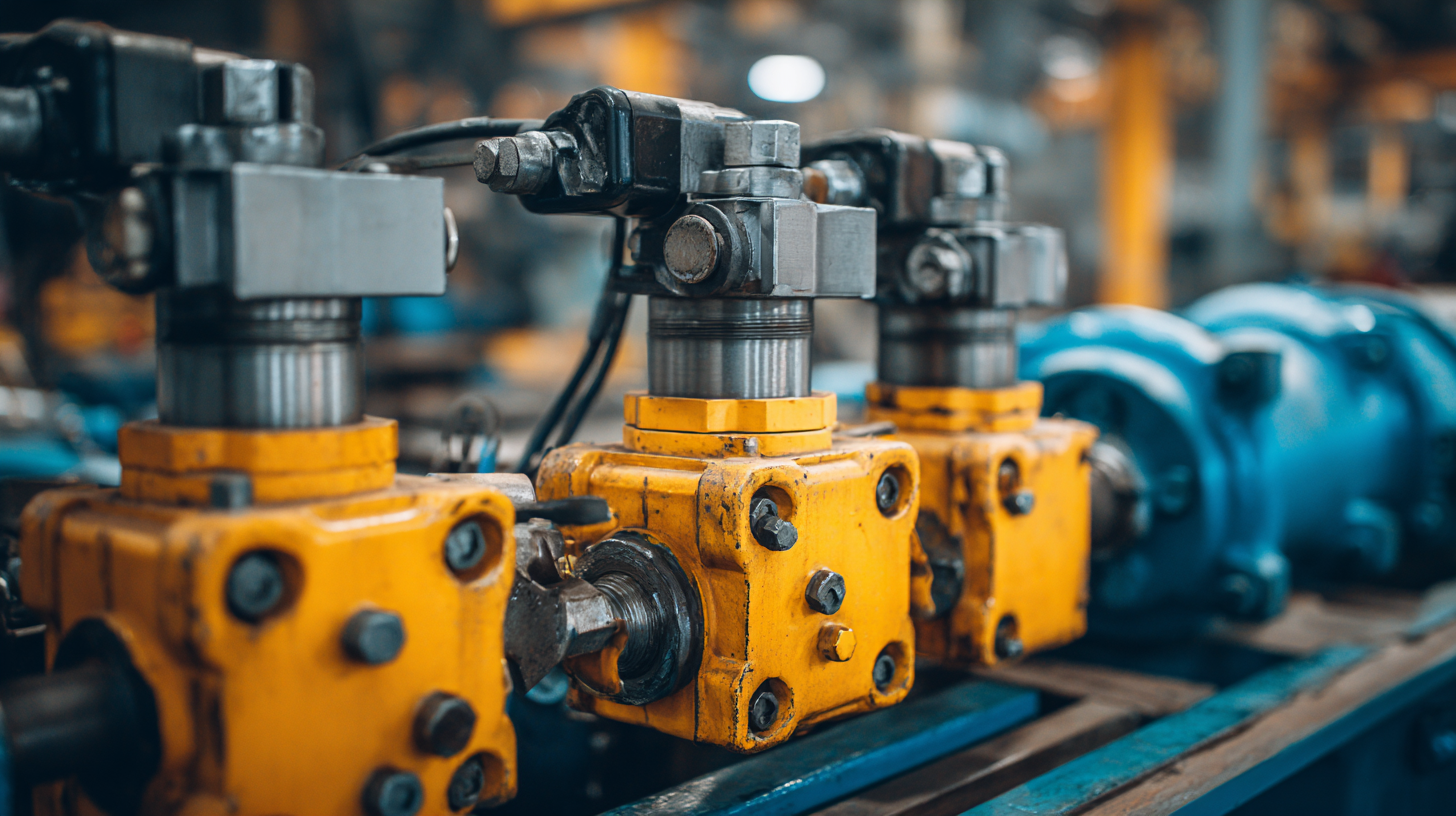
Another significant design flaw involves the materials used in valve construction. Often, manufacturers utilize materials that can degrade under high pressure or exposure to hydraulic fluids, leading to leaks and ruptures. Corrosion and erosion over time can be exacerbated by poor sealing technology or improper assembly, further compromising the valve's reliability. By addressing these design oversights, such as enhancing material quality and implementing more rigorous testing protocols, the industry can significantly reduce control valve failures and improve overall system performance.
Maintenance Practices that Prevent Hydraulic Motor Control Issues
Hydraulic motor control valves play a crucial role in managing fluid power systems across various industries. However, performance failures can lead to significant downtime and maintenance costs. According to a recent study by the National Fluid Power Association, nearly 70% of hydraulic system failures are attributed to improper maintenance and management of control valves. Therefore, implementing effective maintenance practices is essential to prevent hydraulic motor control issues.
One key tip for maintaining hydraulic motor control valves is to establish a regular inspection schedule. This should include checking for leaks, ensuring there is no contamination in the hydraulic fluid, and verifying that all fittings are secure. The ISO 4406 cleanliness standard can serve as a benchmark, ensuring fluid cleanliness is kept to less than 20/18/15 to reduce wear and prolong the life of the valves.
Another important practice is to provide operator training focused on the correct usage and handling of hydraulic systems. Research indicates that 30% of hydraulic system failures can be linked directly to operator error. Training programs should emphasize identification of warning signs, proper shutdown procedures, and the importance of reporting any anomalies promptly. By incorporating these practices, organizations can significantly enhance the reliability and longevity of their hydraulic motor control systems.
Case Studies: Real-World Examples of Valve Performance Failures
Hydraulic motor control valves are pivotal in ensuring the smooth operation of hydraulic systems, yet they are often prone to performance failures. Real-world case studies illustrate the implications of these failures, revealing how inadequate maintenance and improper selection can lead to costly downtime. For example, a manufacturer faced a significant disruption when a valve failed due to incorrect sizing, resulting in a production halt. Such incidents underscore the need for a deeper understanding of hydraulic systems and the components within them.
To mitigate the risk of valve performance failures, regular maintenance is crucial. Implement a routine inspection program that includes checking for leaks, wear, and tear, as well as ensuring that the valves are operating within their specified parameters. Additionally, when selecting hydraulic valves, be sure to consider not just the immediate operational needs, but also the long-term demands of your system to avoid mismatches that could lead to failure.
Another key to preventing performance failures is to invest in quality components from reputable manufacturers. Cheaper alternatives may save money upfront but often lead to long-term consequences, including increased maintenance costs and extended downtimes. Incorporating high-quality hydraulic motor control valves not only enhances overall system reliability but also contributes to more efficient operations.
Related Posts
-
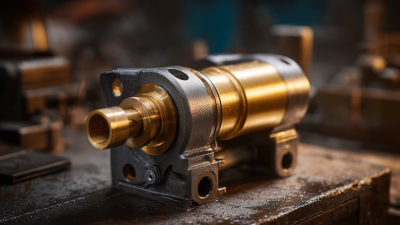
Exploring Innovative Alternatives to Best Piston Pump for Enhanced Efficiency and Performance
-

Ultimate Guide to Comparing the Best Hydraulic Vane Pumps for Global Buyers
-
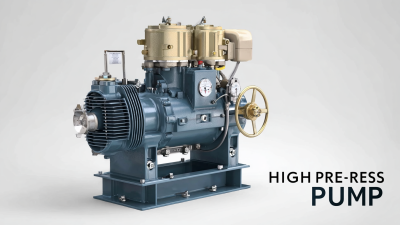
Exploring the Versatility of High Pressure Pumps Across Different Industries and Their Unique Benefits
-
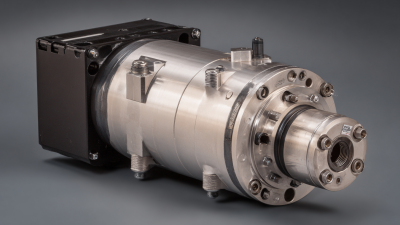
Exploring the Versatility and Applications of the Best Hydraulic Pump Motors
-
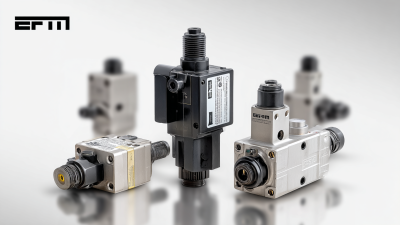
What are the Advantages of Using the Best Hydraulic Valves in Your Operations
-
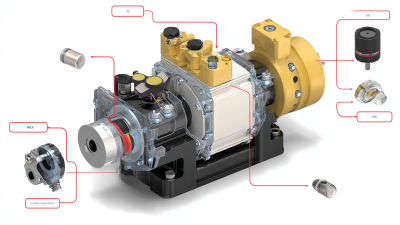
Solving Common Issues with Hydraulic Pump Motors for Global Buyers
